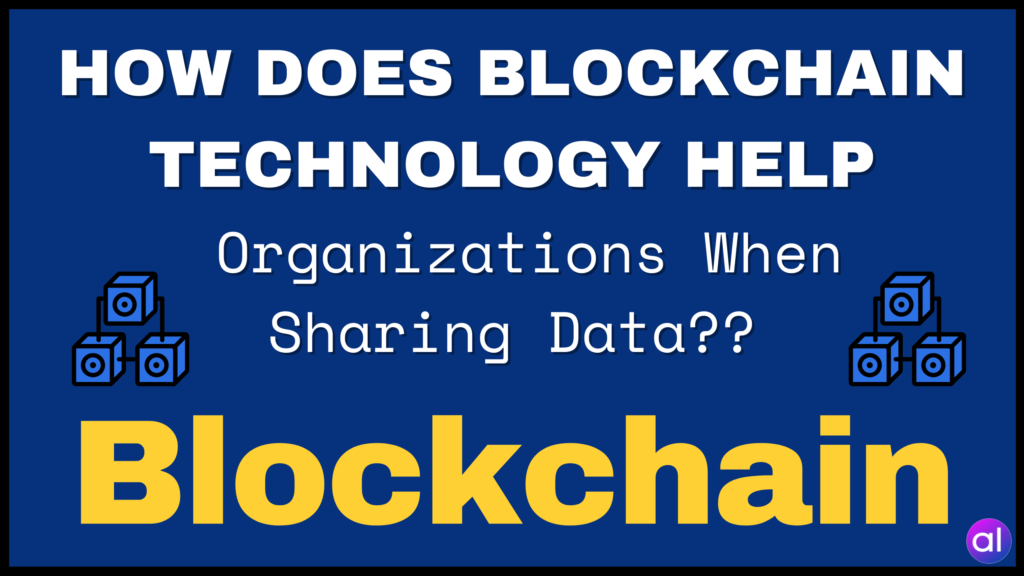Blockchain applications in the medical sector are on the rise, with smart contracts in healthcare projected to exceed a market capitalization of $10 billion by 2030.
Research and Market’s report anticipates significant growth in the global healthcare smart contracts market, with current value at $3.2 billion expected to reach $10.1 billion by 2030, showcasing a compound annual growth rate (CAGR) of 21.4%.
Healthcare smart contracts are digital agreements on the blockchain used to automate medical transactions and data exchanges.
The report highlights the rapid innovation in Web3 technologies as the primary driver for the healthcare smart contract market. New use cases for smart contracts are propelling the market towards the $10 billion valuation mark.
Payment use cases are seen as the main drivers in the sector, offering patients the ability to bypass traditional payment delays and reduce fraud and fees by eliminating intermediaries.
Transparency is a key benefit, providing patients and medical insurance companies with unrestricted access to cost breakdowns and a secure record of medical procedures. The report also mentions the potential for value-based care reimbursement models with payments linked to patient outcomes.
Smart contracts in healthcare are also crucial for supply chain management and complying with regulations. Integration with IoT technologies enhances supply chain operations, especially in tracking temperature-sensitive shipments and verifying pharmaceutical shipping processes.
Other applications include improving interoperability among healthcare providers, personalized treatment options, claims adjudication, and automatic sharing of health records within authorized boundaries.
The leading market for healthcare smart contracts is expected to be the U.S., followed closely by China and the Asia-Pacific region. Canada, Germany, and Japan are set to increase their market share through government regulations and public-private partnerships.
Continuing Growth in Blockchain Applications in Health
Aside from finance, blockchain applications in the healthcare industry are reaching new heights, with projections of a market share of $1,029.18 billion by 2034. This growth is driven by the emergence of private blockchains and a new range of healthcare wearables.
India is at the forefront of medical blockchain applications, aligning with the government’s goal of integrating blockchain across all sectors. However, challenges such as data breaches, scalability, and the high cost of Web3 integrations for small healthcare providers are still being addressed.
Estonia’s Digital Health Partnerships with Gulf States
Estonia, known for its advancements in digital health, is looking to collaborate with Gulf states, with the UAE being the first potential partner in the region.
Estonia’s Ambassador to the UAE, Maria Belovas, revealed plans to strengthen bilateral ties in the Middle East, focusing on digital healthcare initiatives. At the Arab Health 2025 event in Dubai, Estonia showcased its latest health technologies and announced intentions for public-private investments in the local healthcare ecosystem.
One of the technologies featured was MDSC Systems, a mobile diagnostic tool designed for use in disaster areas and remote locations. This tool can provide telemedicine services in conflict zones due to its lightweight design.
Other innovations from Estonia showcased at Arab Health 2025 include “Migrevention,” a headache diagnostic tool, and an AI-powered risk assessment tool for cardiovascular health.
Estonia’s advancements in AI-driven personalized medicine and integrated healthcare systems are setting the pace for global healthcare evolution, as highlighted by Reet Reinart-Okugbeni, an executive from Estonia’s Applied Research Programme.
The delegation from Estonia also presented a blockchain-based national health record system that ensures secure data exchange outside of patient treatments, catering to the needs of Middle Eastern countries.
According to Reinhart-Okugbeni, key trends in healthcare technology include real-time health monitoring, blockchain-secured records, and next-generation telemedicine solutions.
Embracing Emerging Technologies
Estonia is doubling down on investments in next-gen technologies, particularly in AI and Web3 enterprise solutions. The country has recently partnered with the Maldives to collaborate on AI, renewable energy, and CBDCs.
Estonia is taking a cautious approach by cracking down on illicit digital asset services and implementing new regulations. The applications of these technologies span various sectors such as hospitality, transportation, finance, and supply chain, with a strong endorsement for the digital euro.
Watch Phillip Runyan: How BSV is bridging the gap between big pharma and its consumers



